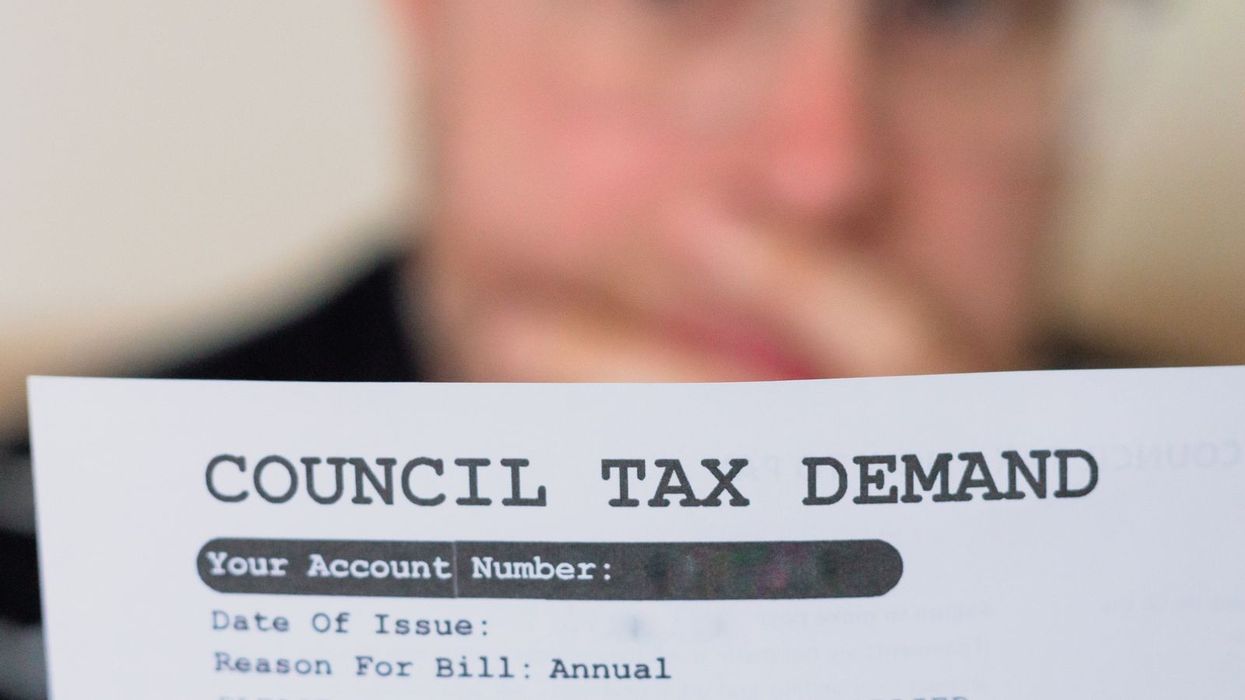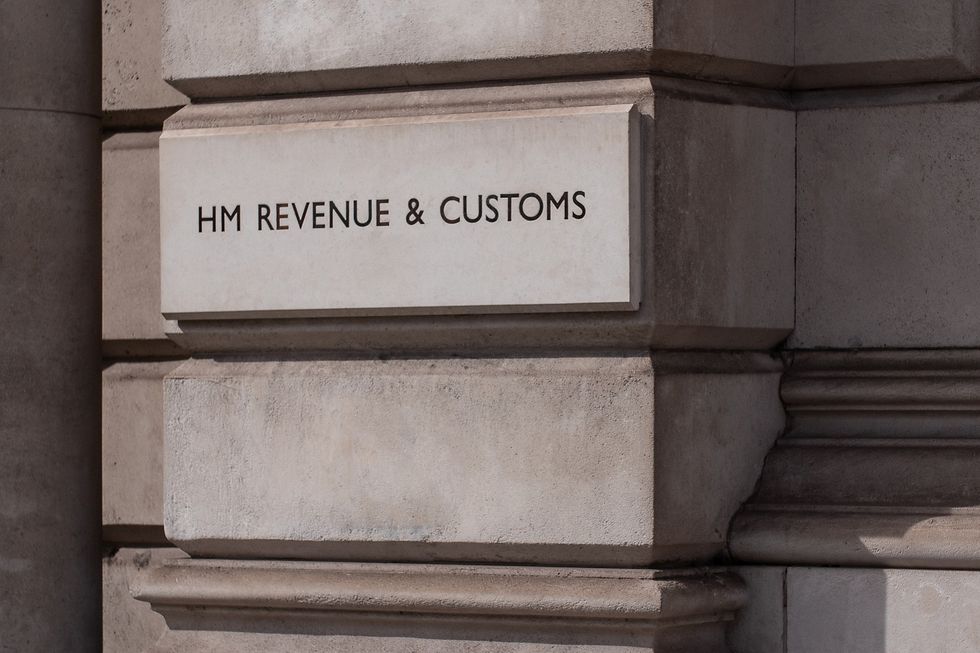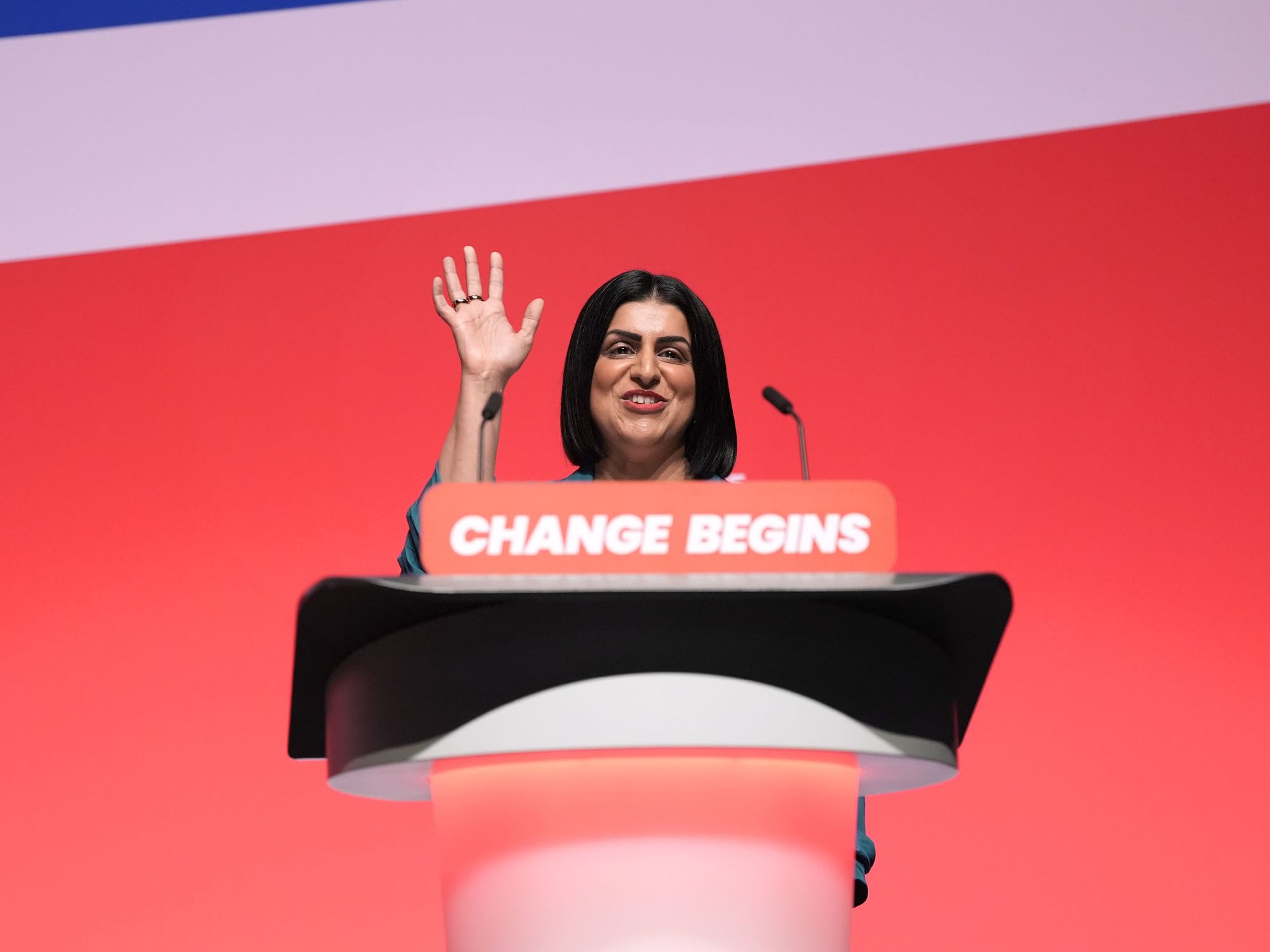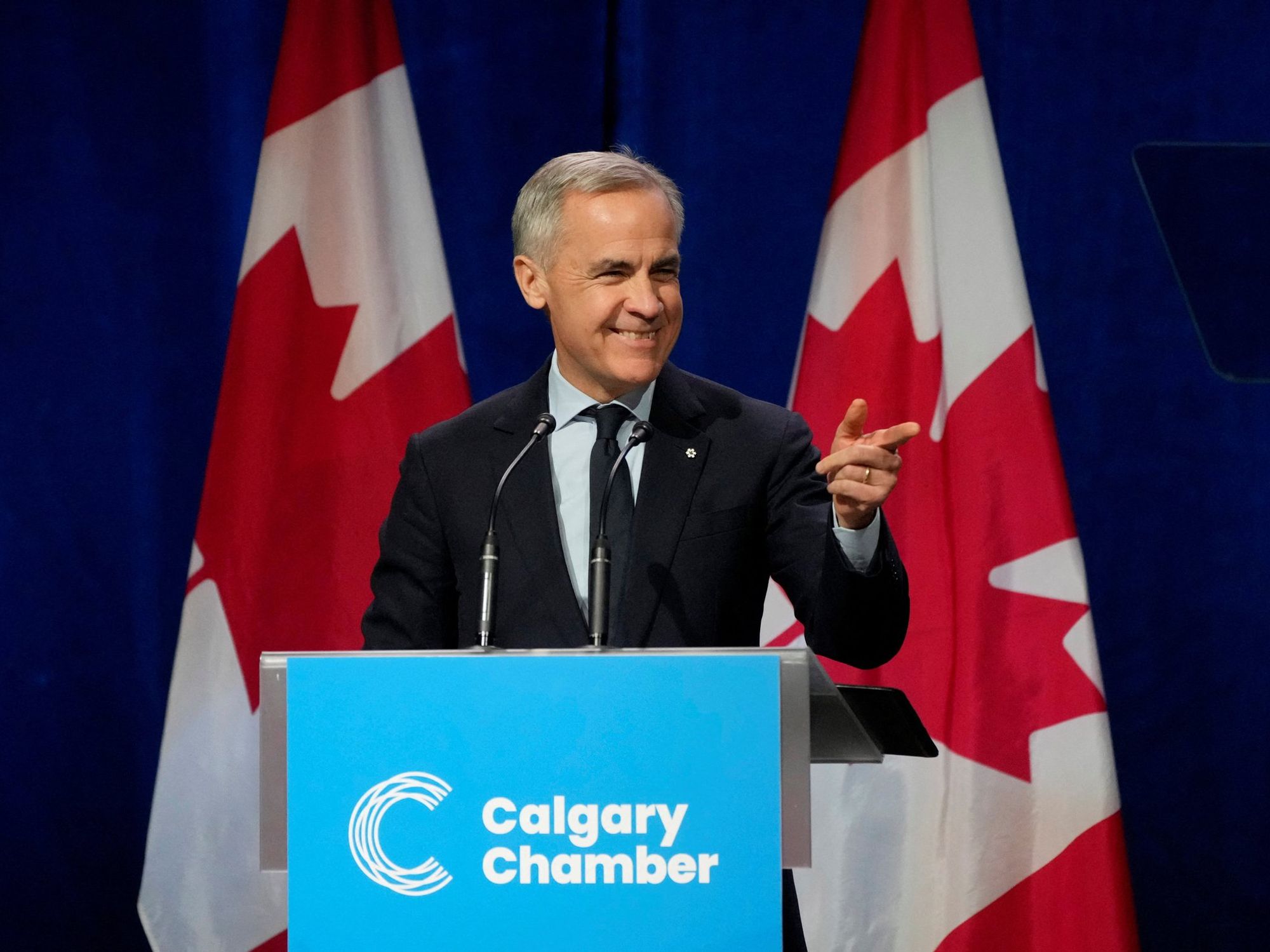Council tax bills to rise by £600 as communities to be 'pushed into financial brink'

Council tax bills are expected to be raised by £600 a year
|GETTY

Households are being told to prepare for tax rises no matter who wins the upcoming General Election
Don't Miss
Most Read
Latest
Council tax bills are forecast to rise by £600 a year in a cost of living blow to millions of households across the country.
The Institute of Fiscal Studies (IFS) is urging families to prepare for significant hikes to tax and cuts to public services no matter who wins the upcoming General Election.
According to the leading think tank, the major political parties have failed to outline how they would pay for their social care proposals.
As such, the organisation is predicting local authorities will be forced to raise taxes drastically in the years to come.
Currently, the minimum amount a council can raise taxes by is five per cent annually without a local referendum being called.
If this were applied, it would increase the average band D property's yearly bill by £600 towards the end of the next Parliament.
Do you have a money story you’d like to share? Get in touch by emailing money@gbnews.uk.

The levy is charged at 40 per cent on estates worth more than the £325,000 threshold
| GETTYKate Ogden, a senior research Economist at the IFS and an author of the think tank's latest report, said: "Many councils are under clear financial strain.
"They are struggling to meet the surging demand and cost for services such as children’s and adults’ social care residential placements, special educational needs support and temporary accommodation for the homeless.
"Unless these pressures slow down significantly and quickly, or the next government gives a big injection of funding to local government, councils will likely need to make cutbacks to some areas of provision.
"Given that more discretionary services have often seen cuts of 40 per cent or more since 2010, councils may struggle to do this. More could be pushed to the financial brink, like Birmingham, Thurrock and Woking. It is remarkable that the main parties have been silent on how they would address these challenges."
David Phillips, an associate director at the think tank, added: "With many councils struggling to fund their existing responsibilities, the next Government should be particularly careful in ensuring plans are in place for funding any additional responsibilities they are given.
"This is particularly true for adult social care services, where the Conservative, Labour and Liberal Democrat manifestos made commitments to expand service provision.
"However, none has identified sufficient funding to fully cover the costs of their proposals.
"Without additional funding, these reforms would intensify the pressures on councils’ budgets – potentially seeing some existing social care recipients losing support to help pay for expansions of provision to other, typically wealthier individuals, as financial means-tests are relaxed or abolished."
Taking into account household inflation, the real-terms rise in council tax bills would be the highest since the 2001–05 parliament.
At the time, the hike to local authority taxes averaged at around six per cent a year.
LATEST DEVELOPMENTS:

The tax burden has been raised significantly for households during the cost of living crisis
| GETTYThe UK's most deprived areas are predicated to see their councils plunge into a dire financial situation.
Based on the IFS' report, if all councils’ grant funding were slashed by 2.7 per cent a year in real terms and council tax was raised by five per cent a year, councils covering the most deprived tenth of areas would see their overall funding increase by just 1.3 per cent a year in real terms.
This is in start contrast to the three per cent a year in real-term hikes to council tax bills for the least deprived tenth of areas.
To address this, the IFS is calling for a "significant redistribution" of grant funding from less deprived to more deprived councils










